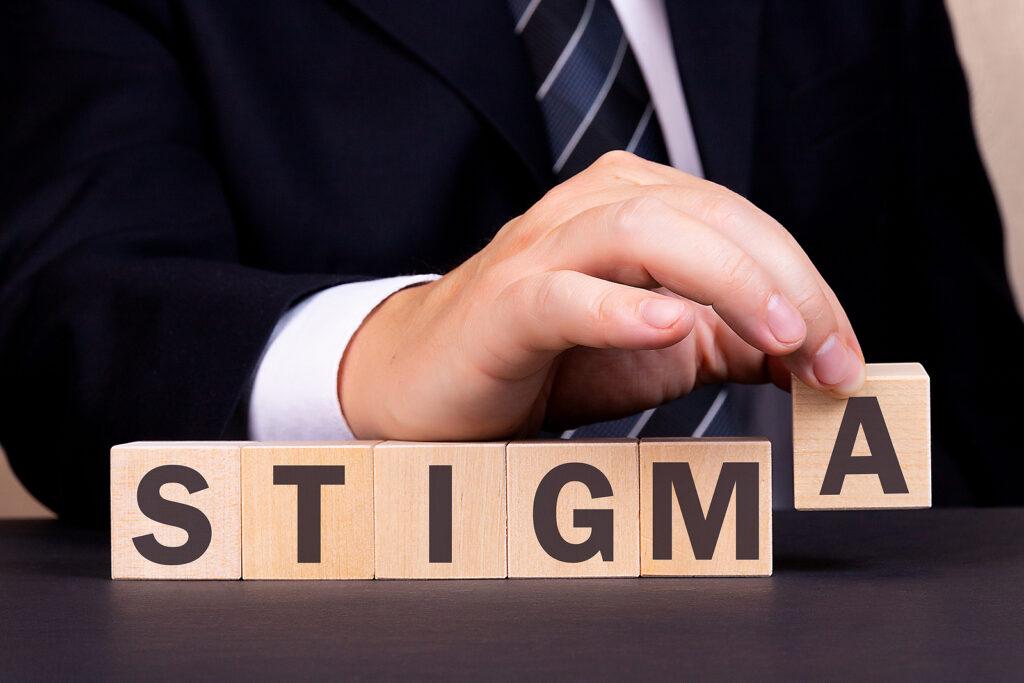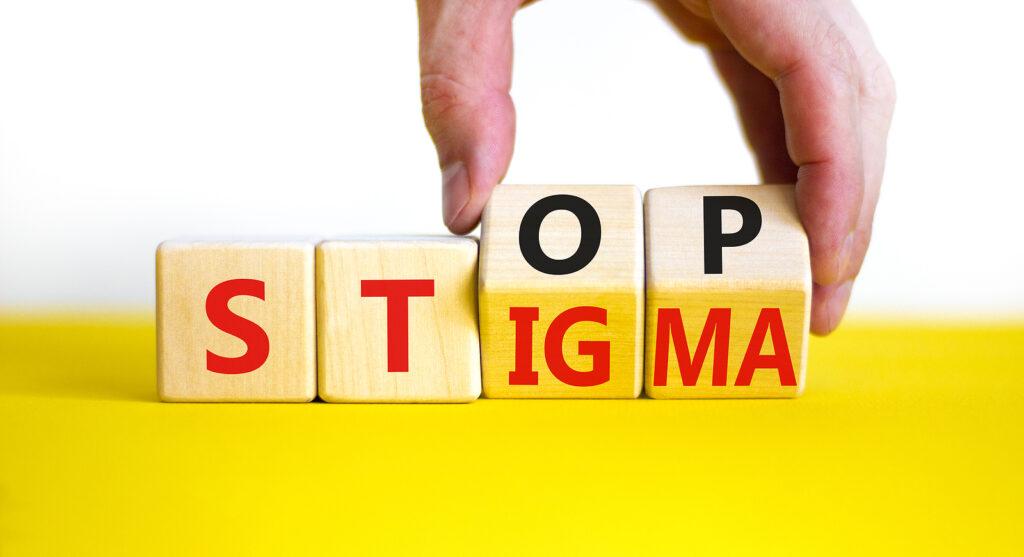Fighting Addiction Stigma
Addiction Stigma: Breaking Down Stereotypes and Building Empathy
Addiction is a complex and multifaceted issue that affects individuals from all walks of life. Unfortunately, it is often accompanied by a significant amount of stigma and misconceptions. The stigma of addiction can be a barrier to recovery, preventing individuals from seeking help and support. In this blog post, we will explore the impact of addiction stigma, discuss common stereotypes, and highlight the importance of breaking down these barriers to build empathy and understanding.

1. Barriers to Treatment
The stigma associated with addiction can prevent individuals from seeking the necessary treatment and support. The fear of being judged, labeled, or ostracized often leads to delayed or avoided help-seeking behavior. This can exacerbate the negative consequences of addiction and hinder the recovery process.
2. Social Isolation
Addiction stigma can isolate individuals, both socially and emotionally. Friends, family members, and communities may distance themselves from someone struggling with addiction, perpetuating a sense of shame and alienation. This isolation can further deepen the cycle of addiction and make recovery even more challenging.
3. Lack of Empathy and Understanding
Stigma creates a barrier to empathy and understanding. Instead of viewing addiction as a complex health issue, society often resorts to blaming individuals for their struggles. This lack of empathy can perpetuate harmful stereotypes and hinder the development of supportive and compassionate environments.
Common Addiction and Alcoholism Stereotypes and Misconceptions
1. Moral Failure
One of the most prevalent stereotypes surrounding addiction is the belief that it is solely a result of moral failure or weak willpower. This misconception fails to acknowledge the underlying factors such as genetic predisposition, trauma, or mental health issues that contribute to addiction. Addiction is a disease, not a choice.
2. Criminal Behavior
Another common stereotype is the association of addiction with criminal behavior. While it is true that substance abuse can lead to illegal activities, it is important to recognize that not all individuals struggling with addiction are involved in criminal behavior. Many individuals who are addicted require support and treatment, rather than punishment.
3. Lack of Personal Responsibility
Stigma often perpetuates the misconception that individuals struggling with addiction lack personal responsibility and are unwilling to change. However, addiction is a complex condition that affects the brain and alters behavior patterns. It is crucial to understand that individuals battling addiction often require support, compassion, and evidence-based treatment to recover.
Breaking Down Stereotypes and Building Empathy

1. Education and Awareness
Raising awareness and providing accurate information about addiction is key to breaking down stereotypes. Education can help dispel misconceptions, challenge stigmatizing beliefs, and promote a more compassionate understanding of addiction as a health issue.
2. Humanizing Personal Stories
Sharing the personal stories of individuals in recovery can humanize the issue of addiction and foster empathy. Personal narratives can help challenge stereotypes and allow others to see the struggles, resilience, and growth experienced by individuals on their recovery journey.
3. Language and Communication
Language plays a crucial role in shaping perceptions and attitudes. It is important to use non-stigmatizing language when discussing addiction. Avoiding derogatory terms and instead using person-first language emphasizes that individuals struggling with addiction are not defined solely by their condition.
4. Supportive Communities
Creating supportive communities that embrace individuals in recovery is essential. Building networks that prioritize understanding, compassion, and access to resources can help break the cycle of stigma. Support groups, community events, and initiatives that promote inclusivity and acceptance can go a long way in supporting those affected by addiction.
Therefore, breaking down the stigma of addiction is crucial for fostering empathy, understanding, and supportive environments. By challenging stereotypes, educating ourselves and others, and promoting compassion, we can create a society that embraces and supports individuals in their recovery journey. Addiction is a health issue, and it is our collective responsibility to build a world where individuals can seek help without fear of judgment or rejection.
Begin Addiction Treatment in New York, NY
As an addiction therapist, I understand the difficulties of breaking the stigma around addiction. I would be happy to offer a supportive environment for you and your therapy journey. I offer in-person and online therapy from my NYC, Manhattan-based practice.
To start your therapy journey, please follow these simple steps:
- Contact Stephen Gilman, MD
- Learn more about me and my treatment approach to alcohol addiction help in New York, NY
- Start managing addiction and alcohol abuse in a healthy way
Other Services Offered with Stephen Gilman, MD – Addiction Psychiatrist in NYC, Manhattan
I understand addiction can cover a wide range of topics. This is why I’m happy to also offer mental health support in various other services. I am happy to offer support with a variety of mental health services including opioid addiction treatment, general psychiatry, adult psychiatry, and meth addiction treatment. I’m also happy to offer prescription drug addiction treatment, young adult psychiatry, and cocaine addiction. In addition, I also offer behavioral addiction treatment, PTSD treatment, drug addiction treatment, and marijuana addiction treatment. Learn more about me or visit my blog for more helpful info.




Trackbacks & Pingbacks
[…] addiction can be an incredibly daunting and overwhelming experience for those living with it. Trying to navigate triggers and cravings that can lead to […]
[…] signs of alcohol and other substance use can also indicate that a loved one may be hiding an addiction. Some of the signs of drug use may […]
[…] Relapses are a common occurrence in addiction recovery, but they don’t have to derail your progress. By understanding the nature of relapses, building a strong support system, utilizing coping mechanisms, seeking professional help, and learning from relapses, individuals can effectively manage setbacks and continue on their path to long-term recovery. Remember, recovery is a journey, and each step forward is a testament to your strength and resilience. Stay committed, seek support when needed, and never lose hope. You have the power to overcome any obstacle and live a life free from addiction. […]
Comments are closed.